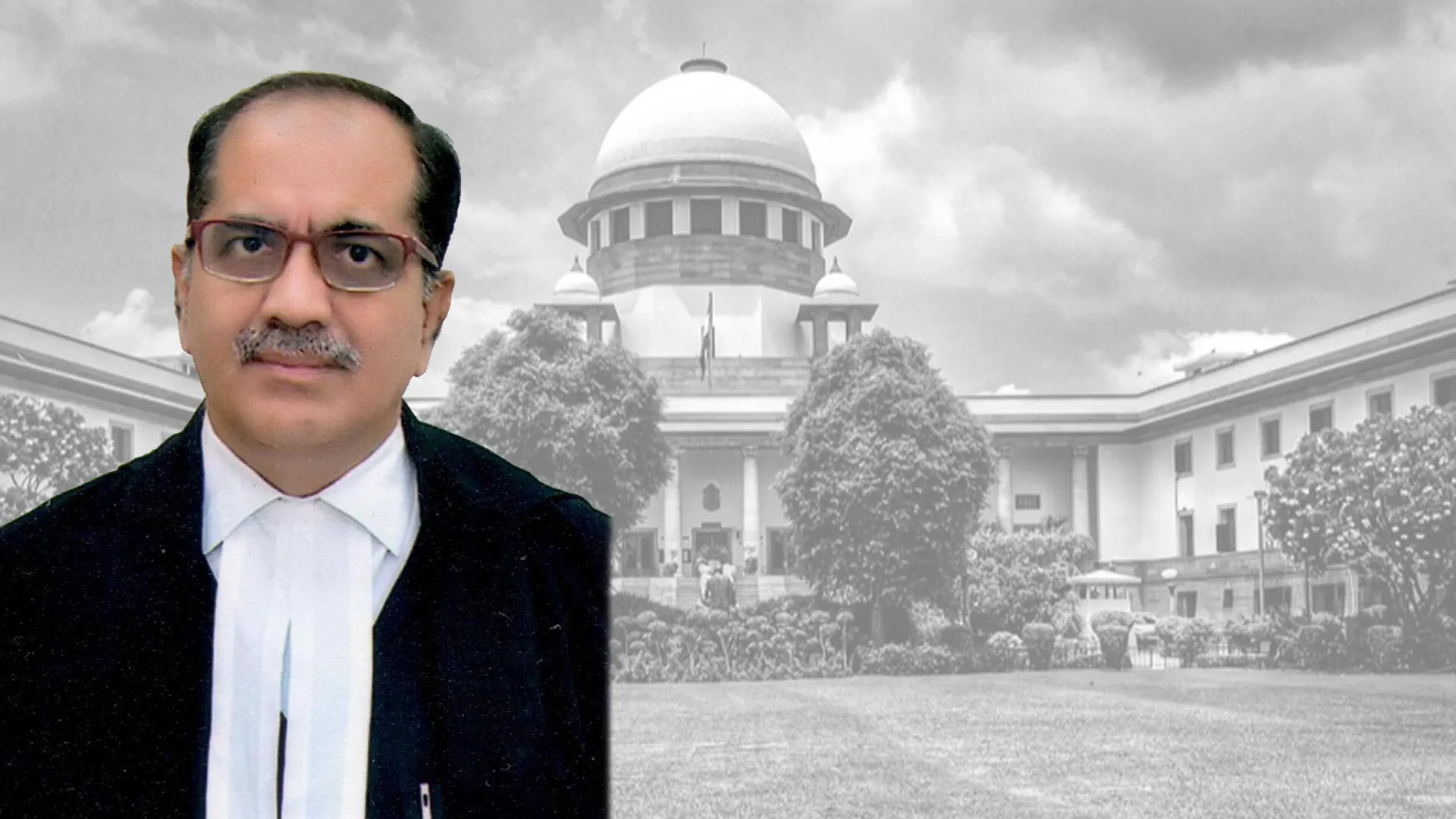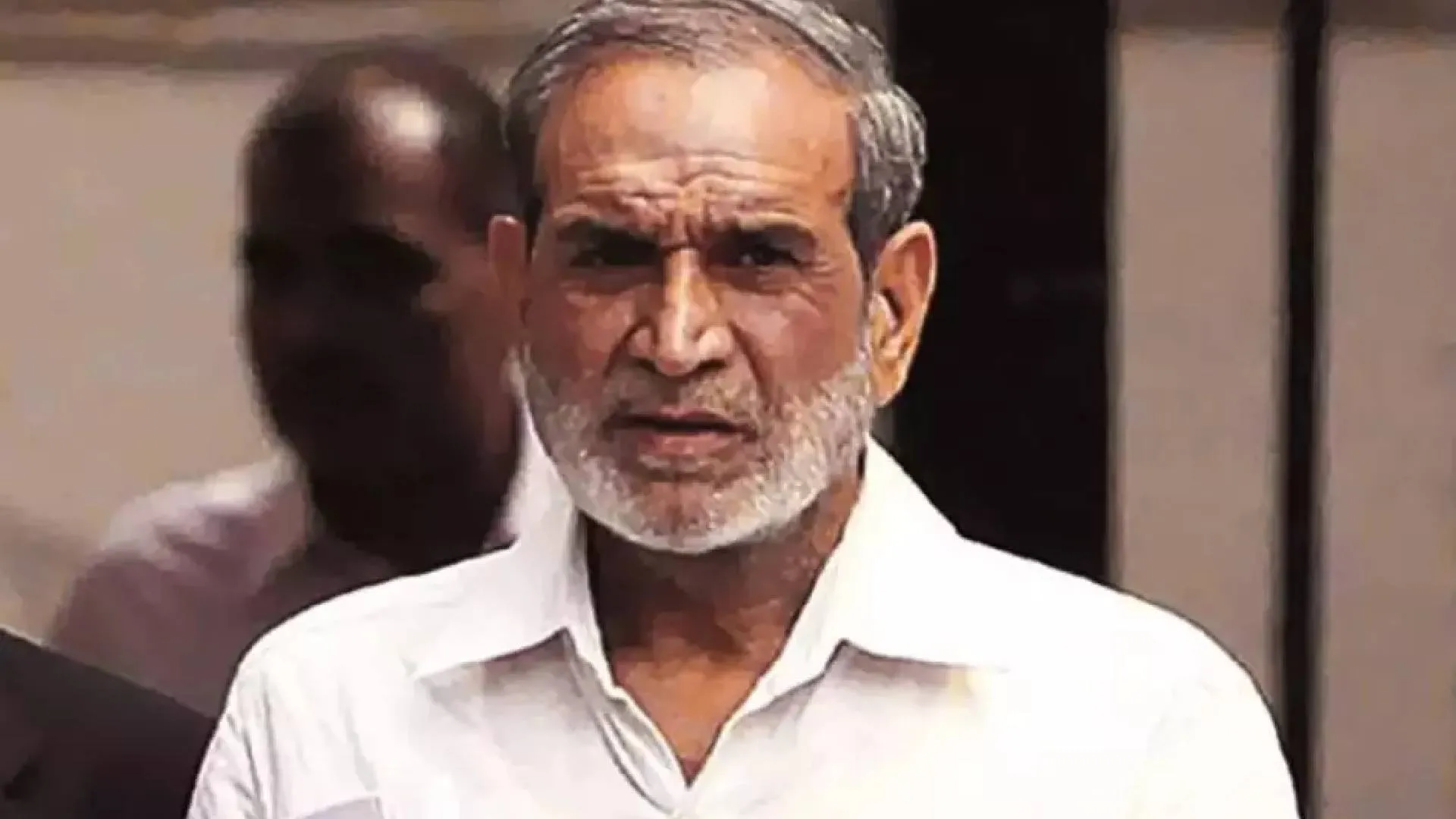With changing social norms of legitimacy in every society, including ours, what was illegitimate in the past may be legitimate today.”
Honourable Justice A.K. Ganguly in Revanasiddappa v. Mallikarju
In a recent Judgment of the Punjab and Haryana High court in Gulza kumarai and another v state of Punjab and others, the court refused to grant protection to a couple on the pretext that live in relationships are socially and morally not acceptable as they disturb the social fabric of the society, however an alternate view was taken by court stating that live in relationships may not be acceptable to all, but living together without marrying does not constitute an offence.
Three different orders were passed by the Punjab and Haryana high court in the span of 7 days pertaining to the morality and legality of live in relationships, the court could not take a concrete stand and thus posing divided opinions. In view of divergent views of coordinate strength benches, The Chief Justice of The High Court was requested to refer the mater to a larger bench. However it is pertinent to notice that the apex court has clearly stated through a series of judgments that couples engaged in live In relationships must be equally protected like any other citizen as a part of right to life.
INTRODUCTION
The only constant thing in the world is change and the Indian society has seen a lot of dynamism adopting western practices and cultures showing drastic changes in living patterns adopting a liberal approach .One change being the outlook of how people view their relationships, the feeling of love and belongingness is what most people want but without the marital obligations and responsibilities, this is when the concept of live in relationships comes into play .A relationship resembling marriage subtracting the obligations and responsibilities.
People are gradually opening their minds and showing acceptance towards the idea of pre- marital sex, same sex relationships and live in relationships however this thought process has always been under the radar facing criticism. Unlike the sacred institution of marriage couples in live in relationships are not married to each other but cohabit under the same roof. Despite there being record of cases where marriages have irretrievably broken down after 20 years of marriage, the only relationship between a man and a woman considered legitimate is marriage others being illegitimate.
The reason people choose live in relationships is to run a compatibility test before getting married to exempt the chaos of lengthy divorce procedures and family drama in case of a breakdown.
The concept of live in relationships has succumbed to a lot of criticism raising issues like whether children born out of such a relationship will be considered legitimate, or will a one night stand be called a house hold relationship, would a man who has a “keep” and maintains her for sexual favors come under the garb of live in relationships?
The situation is pari materia to decriminalization of sec 377 IPC ie : same sex relationships , posing similar questions . When a person is granted the right to life and liberty by the constitution of India which includes the right to choose, can one force their opinions on adults with fully developed mental facilities capable of taking decisions with their head and heart?
India has followed western countries in many ways which is not only limited to adopting of the western culture, but spreads to adopting western law, when the common law system and our very own constitution has been adopted following the west then why not the liberal mindset with respect to relationships?
India does not have a legislation for live in relationships however the judiciary has attempted to draw interpretations regarding the legality of live in relationships.
THE PROTECTION OF WOMEN FROM DOMESTIC VIOLENCE ACT 2005
Section 2(f) of the act defines domestic relationship as” a relationship between two persons who live together or have at any point lived together in a shared household when they are related by consanguinity, marriage or through a relationship in the nature of marriage ,adoption or are family members living together as a joint family.“ therefore the provisions of PWDVA are applicable to couples in live in relationships thus courts presume that live in relationships stand on the same footing as relationships in the nature of marriage.
CRIMINAL PROCEDURE CODE
In the case of Chanmuniya v Chanmunia kumar singh kushwaha The High court declared that the appellant’s wife is not entitled to maintenance on the grounds that only legally married women can claim maintenance, however the decision was over turned by the Supreme court stating that women in live in relationships are equally entitled to all claims and reliefs which are available to a legally wedded wife. In other words if a female has been in a live in relationship for a considerable period of time, she ought to have the legitimate privileges as that of a wife and thus can claim maintenance.
RIGHTS OF CHILDREN
The most debatable issues with respect to live in relationships has been whether the children arising out of such relationships will be legitimate or illegitimate? The supreme court through various Judgments has clarified the same
In the Land mark case of S.P.S Balasubramanyam v suruttayan the Supreme Court said “If a man and woman are living under the same roof and cohabiting for some years, there will be a presumption under Section 114 of the Evidence Act that they live as husband and wife and the children born to them will not be illegitimate.”
Supreme Court in Tulsa v. Durghatiya has held that a child born out of such relationship will no longer be considered as an illegitimate child. The important precondition for the same should be that the parents must have lived under one roof and cohabited for a significantly long time for the society to recognize them as husband and wife and it should not be a “walk-in and walk-out” relationship. Furthermore in the case of
Bharatha Matha v. R. Vijaya Renganathanthe Supreme Court held that a child born out of a live-in relationship may be allowed to inherit the property of the parents (if any) and therefore be given legitimacy in the eyes of law.
We have seen that Indian judiciary in the absence of specific legislation have been protecting the rights of the children by giving law a broader interpretation so that no child is “bastardised” for having no fault of his/her own.
Section 16 of the Hindu Marriage Act, provides the legal status of legitimacy even to illegitimate children (those born out of marriage) for the sole purpose of inheritance. Therefore, inheritance rights have been granted to children born out of a live-in relationship. These rights are available in both ancestral and self-bought properties
INTERNATIONAL STANDING OF LIVE-IN RELATIONSHIPS
Various countries across the world are of the view that it is better to have a live in relationship than having a divorced life.
The United States has institutionalized cohabitation by giving cohabiters the same rights as that of a married couple which is similar to a situation in Sweden, Denmark and France.
Scotland and Canada also legalized live in relationships with a condition that couples not married to each other intending to cohabit may enter into agreements (in form of prenuptual agreements) to determine their rights and obligations during cohabitation.
CONCLUSION
Indian does not have a specific legislation for live in relationships and thus the judiciary has taken steps to bridge the gap due to absence of a specific legislation.
In the landmark case of S.Khushboo v. Kanniammal The Supreme Court held that a live in relationship comes within the ambit of right to life under Article 21 of the Constitution of India. The Court further held that live-in relationships are permissible and the act of two major living together cannot be considered illegal or unlawful.
AFTERMATH
The court has also taken a view that relationships endured for a long time can result in a pattern of dependency and vulnerability and thus such relationships call for adequate and effective protection. The parliament has to bring in a proper legislation so that women and children born out of such relationships are protected and the taboo surrounding the concept is eradicated with encouraging a holistic view that relationships other than in the nature of marriages do not taint the societal framework and are not immoral in nature. I ask myself will it not be travesty of justice if protection is denied to adults who have opted to reside together and seeking seal of approval from the courts in order to protect themselves from the society?











